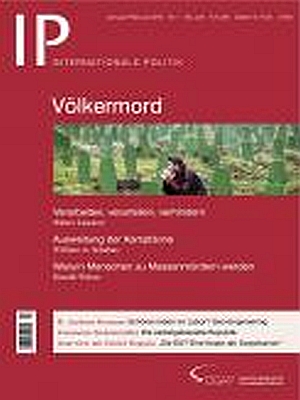The International Governance of Geo-engineering
- Presentation
- Date
-
-
- Location
- Brussels, Belgium
- Chairing
Whether and how to pursue “geo-engineering” as part of climate policy is a controversial and complex issue. The generic term describes a range of concepts that spans decreasing radiative forcing to removing CO2 from the atmosphere. Dr. Camilla Bausch moderated a two-day international workshop on the governance of geo-engineering in Brussels during which Dr. Ralph Bodle outlined the structure and criteria for addressing governance.
The workshop addressed the current status of the debate on geo-engineering, climate and sustainability. It discussed i.a. political developments at UN Environment Assembly, in the London Protocol and under the Convention on Biodiversity as well as current scientific findings, including the recent IPCC reports.
The workshop showed that principled positions on the role of geo-engineering in climate policy make discussion of concrete governance difficult. However, participants agreed that pursuing any geo-engineering concepts should not jeopardize emission reduction efforts.
Dr. Ralph Bodle presented criteria for structuring and designing geo-engineering governance. The first step is to specifically determine the purposes and objectives of governance. They could e.g. include minimising environmental or other impacts, avoiding political conflicts, safeguarding the priority of emission reductions, or legitimising or facilitating further research. It is also useful for governance to distinguish the different concepts discussed under the general label geo-engineering.
The importance of scientific input notwithstanding, these are political decisions. In particular, governance must clearly show and safeguard the political objective that reducing emissions is the priority.
The workshop was organized by the German Environment Agency (UBA). Speakers included representatives from the UBA, the German Federal Environment Ministry, the Helmholtz Centre for Ocean Research, the Max Planck Institute for Meteorology, the Climate Action Network International, Carnegie Climate Governance Initiative, the Institute of European Studies, the Heinrich-Böll Foundation, Stellenbosch University, the Forests and European Union Resource Network, DG Climate Action, among others.





